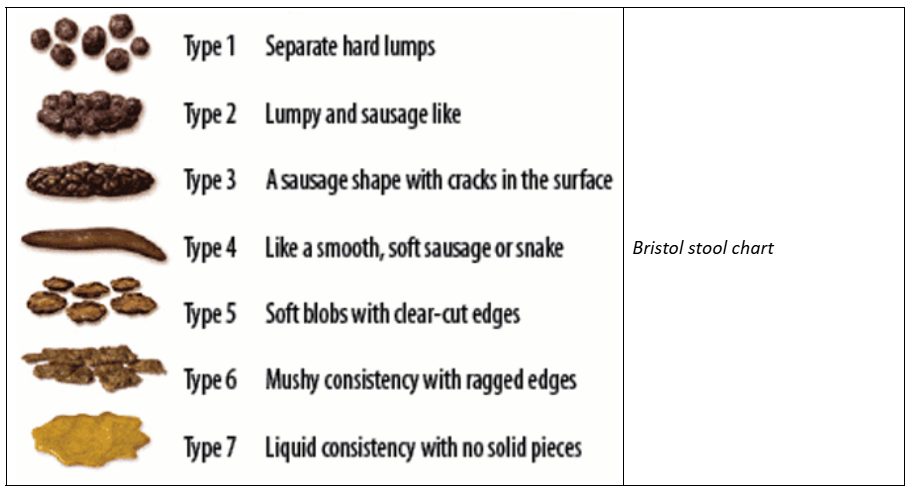Summary
Childhood constipation is a common condition that can cause infrequent bowel movements, large or hard stools, and painful or difficult defecation. It often results from a diet low in fiber, poor hydration, or incorrect toileting habits.
If constipation is not addressed early, it can lead to stool buildup (fecal impaction) and become a chronic issue. In some cases, children may withhold stools due to previous painful experiences, which can worsen the problem and create a cycle of constipation.
Treatment focuses on relieving the blockage, softening stools, and establishing healthy bowel habits.
Diagnosis and When to Seek Help
If your child has fewer than three bowel movements per week, experiences pain while passing stool, or avoids using the toilet, it may be time to consult a doctor. Other signs include:
- Large, hard stools that are difficult to pass
- Frequent tummy aches or bloating
- Stool leakage (soiling) in underwear
- Fear or refusal to use the toilet
A healthcare provider will diagnose constipation based on symptoms, medical history, and a physical exam. In some cases, imaging tests may be needed if the condition is severe.
Management
Treatment for constipation involves a combination of:
- Dietary changes: Increasing fiber-rich foods (fruits, vegetables, whole grains) and ensuring adequate fluid intake.
- Toileting habits: Encouraging a regular bathroom routine, proper posture, and not delaying bowel movements.
- Stool softeners or laxatives: Often prescribed after stool buildup is cleared to keep stools soft and prevent recurrence.
In some cases, medication may be needed for months or even years to maintain regularity and prevent relapse.
Follow-Up and Monitoring
Ongoing management is important to prevent constipation from becoming a long-term issue. Parents should monitor their child’s bowel habits, ensure they are drinking enough water, and continue using stool softeners as recommended by a doctor.
With proper treatment and lifestyle adjustments, most children can overcome constipation and develop healthy bowel habits.

History and Exam
Key diagnostic factors
- Presence of risk factors
- Difficult or painful defecation
- Long interval between stools
- Faecal incontinence
Other diagnostic factors
- Abdominal pain
- Abdominal distention
- Anal fissure
- Associated blader problems
Risk factors
- Low-fibre diet
- Poor-nutrient diet
- Genetic predisposition
- infection
Diagnostic Investigations
1st investigations to order
- no initial test
Investigations to consider
- abdominal x-ray
- radiopaque marker colonic transit study
- abdominal ultrasound
- contrast enema
Emerging test
- anorectal manometry
- colonic manometry


